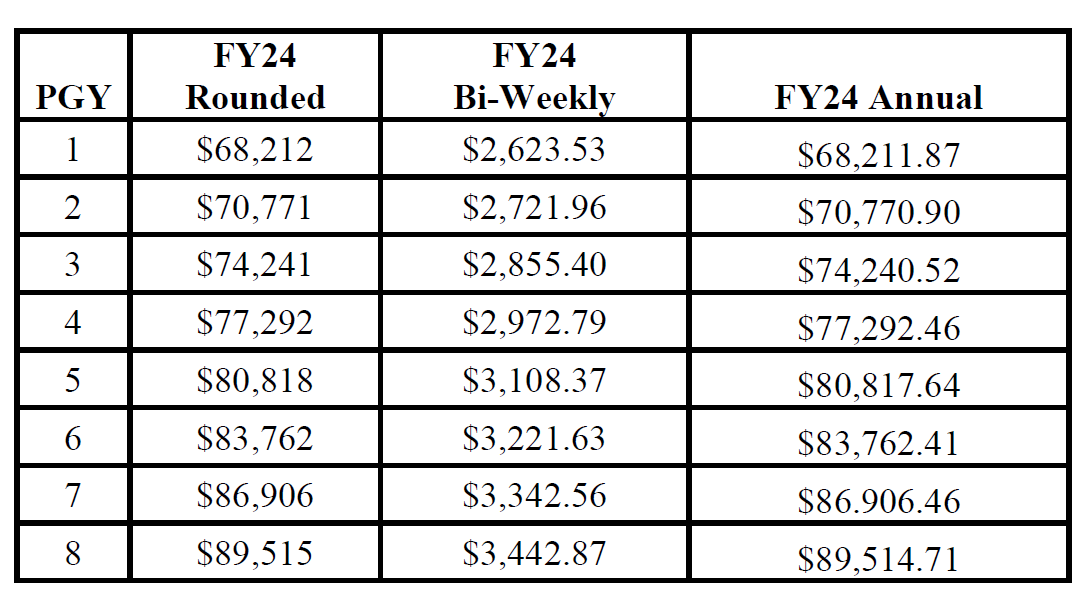Clinical Pathology
Detailed Rotations
Lectures give by faculty and guest lecturers. The following topics are covered:
Microbiology
| Primary Specimen Processing | Urine Cultures |
| Blood Cultures | Mycology |
| Sputum Cultures | Virology |
| URT Cultures | Parasitology |
| Stool Cultures | Mycobacteriology |
| Anaerobic Cultures | Microbial Serology |
| Genital Tract Cultures | Susceptibility Testing x3 |
Hematology
Anemias
Leukemias
Coagulation and hemostasis
Cytogenetics
Overview of cytogenetics
Techniques used in cytogenetics
Transfusion Medicine
Homologous Donors
Autologous Donors and Stem Cells
Immunologic Transfusion Reactions
Transfusion Complications: Immunological, Fe Overload
Transfusion Complications - Infectious Diseases
Plasma Exchange
Guidelines for RBS, Platelet and Plasma Transfusions
Autoimmune Hemolytic Anemia
Transfusion Problems in Children and Neonates
Viability and Function of Stored RBS
Chemistry
Sample collection, processing, storage
Spectometry, Fluometry, Flame Photometry, Atomic Absorption,
Spectrophotometry;
Reagent Water; Pipets
Ion-selective Electrodes, Biosensors
Immunoassay
Enzyme Analysis, Turbidimetry, Nephelometry
Urinalysis, Osmometry
Separation methods - Electrophoresis and Chromatography
Automation
Quality Control, Proficiency Testing
Method Evaluation, Establishing Reference Ranges
Instrument purchase, costing, workflow assessment
Regulation, Inspections, Decentralized Testing
Molecular Biology
Human Genetics x3
-
Technical teaching
During the core rotations, the residents are instructed in all laboratory techniques by technologists and nurses. When required, the faculty member will participate in the teaching as well. The residents rotate through various sections of the laboratory as follows:Microbiology
The residents have a very organized rotation through each section of the laboratory
Transfusion Medicine:
Blood Donor Room: 2 weeks
Blood Bank Laboratory and Immunohematology: 6 weeks
Histocompatibility Laboratory: 2 weeks
After completing each section there is a written examination to assess the resident's knowledgeHematology
All hematological tests are learned at the same time, involving both coagulation and other hemato-logical tests. In addition, some time is devoted to special tests, such as osmotic fragility, coagulation factor measurement, etc. During the hematology rotation the residents go once aweek to the hematology clinic during which time they are involved in clinical diagnostic hematology under the guidance of a clinical hematologist, and they also learn to do bone marrow aspirates.
Cytogenetics
The residents learn from the supervisor specific details of sample processing, techniques of processing different tissues. They also go through the abnormal case file of the director to understand the format and science of the cytogenetics reports.
Molecular Genetics:
The residents spend one week in the clinical molecular laboratory and one week in corresponding lab of anatomic pathology.
